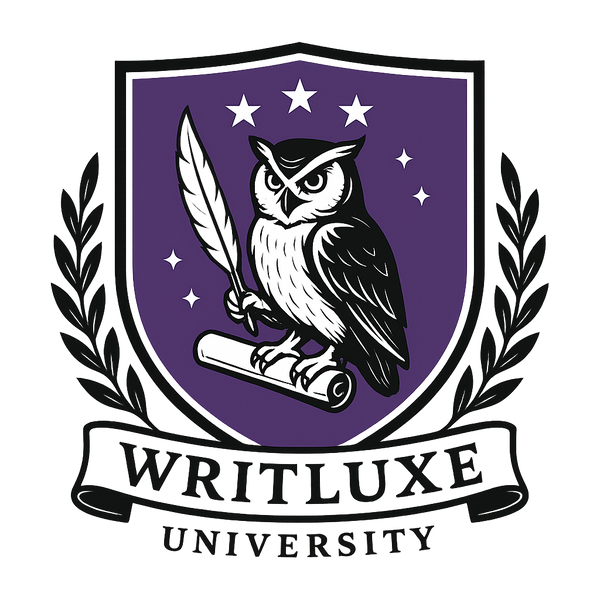Whether or not our job search occurs after graduating or if it is simply due to a career change, we often wonder, why we have not gotten a bite on our fish hook of a resume or CV. Does someone who has a doctorate degree trumph other applicants with an associates or no degree at all? Not necessarily, but it may add some weight to their applications depending on the qualifications the job is asking for.
Still, what makes job hunting so difficult? Here are some things you need to consider when developing your resume.
Research the Job Title
As simple as this sounds this is the most important step you should do before building your resume. If your job choice is financially-motivated, then you definitely need to do this step first. Is the amount of work and time you invest towards the job paid back? Does the job pay you what you are worth? Can you live comfortably with that job choice? Is the job often hourly or salary?
Is your job choice motivated by pleasure? You can research this as well! You can look at reviews on job searching platforms like Indeed, LinkedIn, Glassdoor, and USAjobs. Do workers in that industry complain about lack of work-life balance? Is it fast-paced? Does the job have a huge turnover rate? Does job satisfaction last for five years on average?
What Are Recruiters in Your Industry Looking For
Is there such thing as the perfect resume? Heck, no! Every job has certain expectations. For example, if you are applying as a junior analyst, your resume should primarily consists of numbers, projects, and analyst lingo (SQL, ad hoc queries, and content management systems); on the other hand, a content writer, for example, will often want a list of achievements, some sample writing pieces, and a cover letter. For graphic designers, not only will recruiters want to see pieces of your work, your resume should reflect a graphic designer. In other words, if you are a graphic designer, does your resume/CV look plain or did you showcase your skills by creating the template yourself?
If you have noticed, not all careers will require a cover letter. Every job position is different! We cannot stress how important it is to research what recruiters in the your chosen industry are looking for. Not only that, it helps you know what skills you acquire and skills you need to improve on.
Record Skills Found With Job Choice
Remember, the conventions of a resume are succinct, clear, and concise. How can you prioritize and showcase your skills with brevity? Look at like this. If a recruiter has over 200 resumes to look over within a week (five business days), they will have to look over 40 resumes a day just for the selection process. They do not have time to do a deep analysis of your resume. They will be looking for skills and keywords related to that industry. What skills and keywords should you be looking for? Here's what you can do to find out.
1. Look up ten job applications.
2. Write down all the skills for each application.
3. Highlight or create a graph for each skill that was mentioned more than once.
4. Analyze and review your results
5. Write down the top five or six skills.
*A bit of forewarning, these skills can change over the course of time, so the skills required in the year 2021 may not be the skills that were required in the year 2020.
After you have done this, do a self-evaluation. Do you have these five or six skills? If you have half of the top five, write them as a skill on your resume. If you only have one, write it on your resume. You do not always have to write the top five skills on your resume. Prioritize what you believe is important for the position.
You may not always have all the skills required for the job, but here is a little secret. Recruiters don't always expect you to. There will be instances when an employer will even adjust the job qualifications if they notice not enough people are applying, if the employer is asking for more of the applicant than needed, or if they are in urgent need for that position. In the end, you do not know what they will decide to do unless you apply.
Additional Documents
This is where you need to make use of your research of what recruiters are looking for. You know that button on digital applications that read "additional documents"? Yes, that one. That button is an opportunity to bring your strengths to the forefront of your application.
Some jobs are analytical and some non-analytical. A Search Engine Optimization Writer may want statistical graphs and queries from keyword research. A Videographer may want to see your digital portfolio of video reels you have done. A Chef may want a strong reference letter and a certificate for Safety and Sanitation. What evidence can you provide recruiters to validate your claims on your resume?

